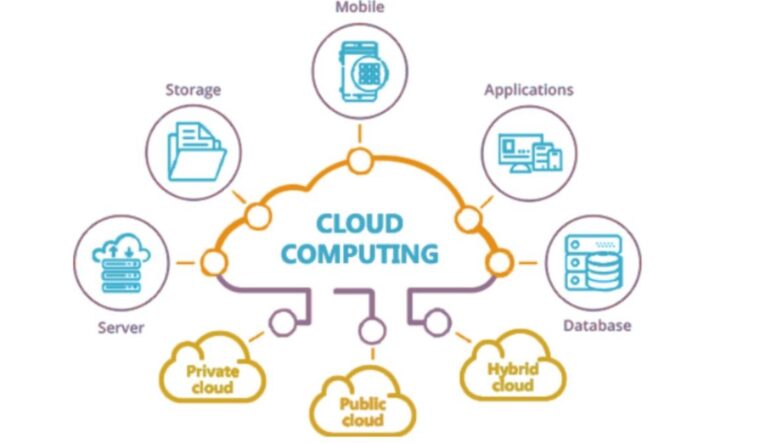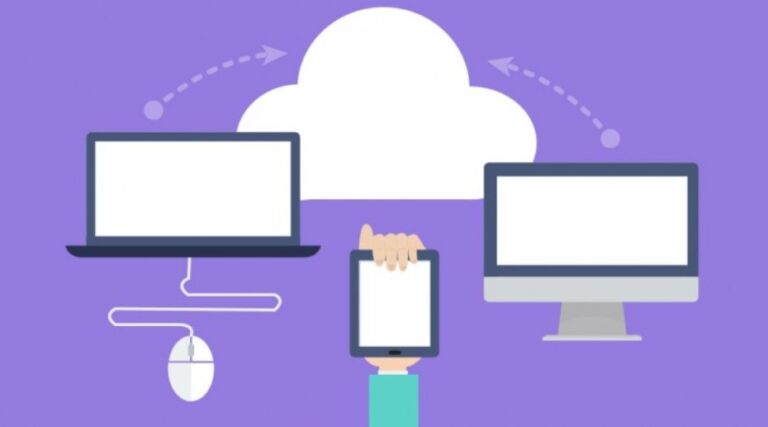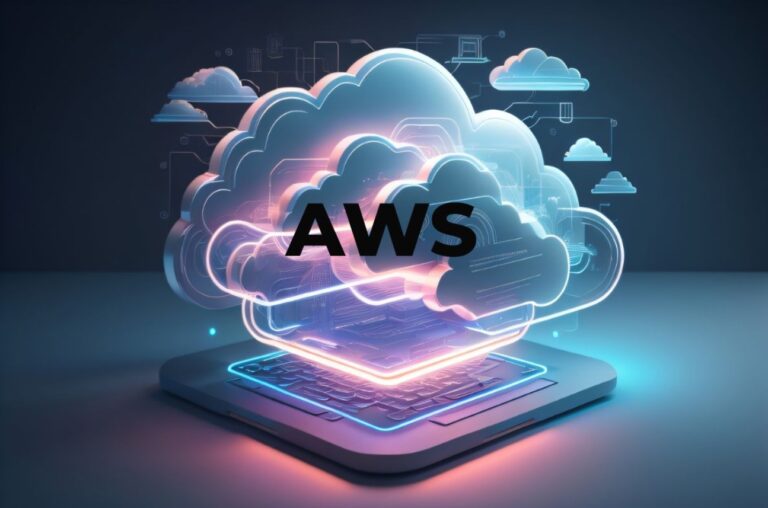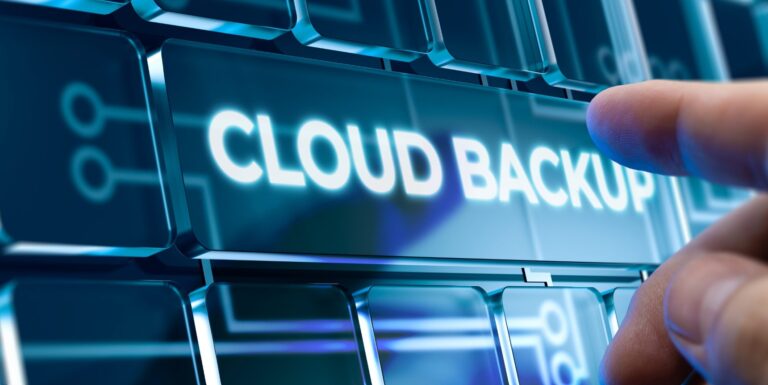Cloud Data Server: Solution for Modern Data Management
In the rapidly advancing digital landscape of today, the demand for cloud data server has risen significantly, becoming indispensable for businesses across various scales and industries.
These servers provide a dependable, adaptable, and cost-efficient solution for handling large volumes of data.
In the following article, we will thoroughly examine the intricacies of cloud data servers, delve into their array of advantages, conduct a comprehensive comparison of leading products, and furnish detailed guidance regarding the procurement process to help you select the optimal server to meet your specific requirements.
What is a Cloud Data Server?
A cloud data server refers to a virtual server that operates within a cloud computing framework. Its primary objective is to remotely store, manage, and process data, delivering high availability, top-notch security, and adaptability.
Differing from conventional on-premise servers, cloud data servers obviate the requirement for physical hardware and infrastructure, thus creating a more adaptable and effective approach to data management.
Key Features:
- Scalability: Easily scale resources up or down based on demand.
- Cost-Effective: Pay only for the resources you use.
- Accessibility: Access data from anywhere with an internet connection.
- Security: Advanced security measures to protect sensitive data.
- Reliability: High uptime and data redundancy.
See also: Backup Server Cloud: Solutions to Secure Your Data
Benefits of Using a Cloud Data Server
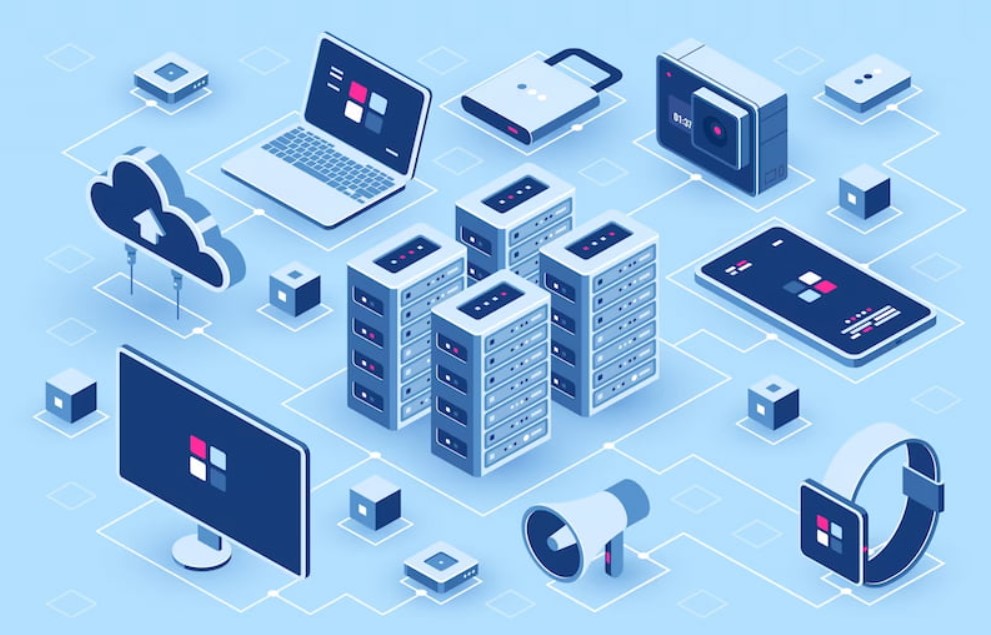
1. Scalability and Flexibility 🚀
One of the key advantages of utilizing cloud-based data servers is their ability to scale resources. This means that as your business expands, you have the flexibility to adjust your server resources to accommodate the growing demand without the need to purchase and install extra hardware.
2. Cost Savings 💰
Cloud data servers operate on a pay-as-you-go model, which means that you are only charged for the resources you actually use.
This eliminates the necessity of making substantial initial investments in physical infrastructure. With this model, you have the flexibility to scale your resources up or down based on your actual usage, providing cost savings and efficiency.
3. Improved Accessibility and Collaboration 🌐
By utilizing cloud data servers, your data is securely stored and easily accessible from anywhere in the world. This enhances collaboration among team members, allowing them to access and work on data simultaneously in real-time, regardless of their physical location.
This flexibility fosters seamless teamwork and allows for increased productivity and efficiency in a globalized work environment.
4. Enhanced Security 🔒
Service providers use a variety of robust security measures to protect your data from cyber threats. These measures include advanced encryption techniques to secure your data, firewalls to prevent unauthorized access, and regular security audits to identify and address any potential vulnerabilities.
5. High Reliability and Uptime ⏱️
Our cutting-edge data servers are designed to provide superior performance, high availability, and redundancy, guaranteeing that your valuable data is always accessible. This robust infrastructure minimizes downtime and ensures uninterrupted access to your crucial information.
See also: Cloud Home Server: Top Solutions, Benefits, and Buying Guide
Top Cloud Data Server Products
1. Amazon Web Services (AWS)
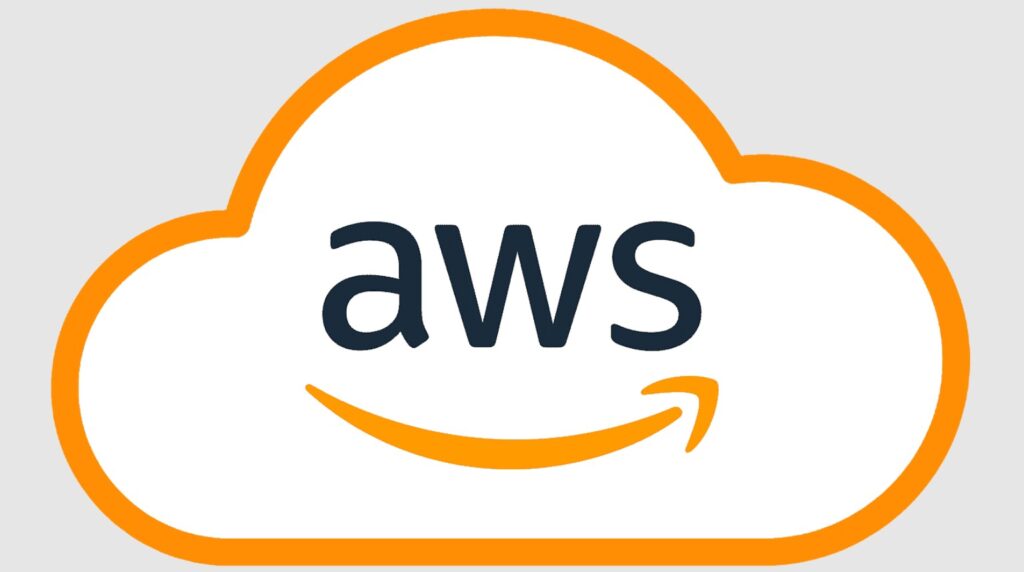
Features:
- A comprehensive suite of cloud services
- High scalability and performance
- Advanced security features
Pros:
- Extensive global infrastructure
- Wide range of services and integrations
- Pay-as-you-go pricing model
Cons:
- Can be complex to manage
- Higher costs for advanced services
Price: Starting at $0.0125 per GB
2. Microsoft Azure
Features:
- Integrated with Microsoft products
- Strong AI and machine learning capabilities
- Robust security and compliance
Pros:
- Seamless integration with Windows and Office
- Wide range of services
- Competitive Pricing
Cons:
- Steep learning curve
- Occasional service outages
Price: Starting at $0.0184 per GB
3. Google Cloud Platform (GCP)
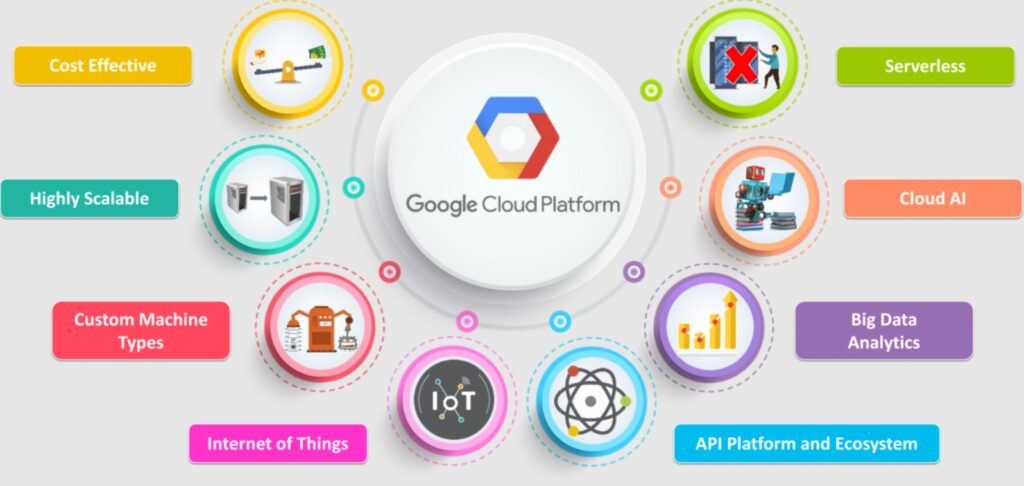
Features:
- Powerful data analytics and machine learning tools
- Strong networking capabilities
- Excellent performance and reliability
Pros:
- User-friendly interface
- Strong focus on open-source
- Flexible pricing
Cons:
- Limited services compared to AWS and Azure
- Support can be slow
Price: Starting at $0.02 per GB
4. IBM Cloud
Features:
- AI-powered services
- Strong security and compliance
- Hybrid cloud capabilities
Pros:
- Robust AI and blockchain services
- Strong focus on enterprise solutions
- Flexible deployment options
Cons:
- Higher costs for some services
- Limited global infrastructure
Price: Starting at $0.15 per GB
5. Oracle Cloud
Features:
- Integrated with Oracle software
- High performance and reliability
- Strong security features
Pros:
- Excellent support for Oracle applications
- High scalability
- Competitive Pricing
Cons:
- Complex pricing structure
- Limited third-party integrations
Price: Starting at $0.0255 per GB
Comparison Table
| Feature | AWS | Azure | GCP | IBM Cloud | Oracle Cloud |
|---|---|---|---|---|---|
| Scalability | High | High | High | Medium | High |
| Security | Advanced | Robust | Strong | Strong | Strong |
| Price | $$ | $$ | $$ | $$$ | $$ |
| Ease of Use | Moderate | Moderate | Easy | Moderate | Moderate |
| Support | Extensive | Extensive | Moderate | Extensive | Extensive |
Use Cases and Problem Solving
Cloud data servers are ideal for a variety of use cases, including:
- Data Storage and Backup: Securely store and back up large volumes of data.
- Application Hosting: Host and manage applications with high availability.
- Big Data Analytics: Process and analyze massive datasets efficiently.
- Disaster Recovery: Ensure business continuity with reliable disaster recovery solutions.
How to Buy and Where to Buy
Steps to Purchase:
- Determine Your Requirements: Assess your data storage, processing, and security needs.
- Choose a Provider: Based on the comparison table and your requirements, select the best cloud data server provider.
- Sign Up: Visit the provider’s website and sign up for an account.
- Select a Plan: Choose a pricing plan that fits your needs and budget.
- Configure Your Server: Set up and configure your cloud data server based on your specific requirements.
Where to Buy:
FAQs
1. What is a cloud data server?
A cloud data server is a virtual server that stores, manages, and processes data remotely in a cloud computing environment.
2. How does a cloud data server work?
Cloud data servers use virtualization technology to divide physical servers into multiple virtual servers, which can be accessed and managed over the Internet.
3. What are the benefits of using a cloud data server?
Key benefits include scalability, cost savings, improved accessibility, enhanced security, and high reliability.
4. How do I choose the best cloud data server provider?
Consider factors such as scalability, security, pricing, ease of use, and support when choosing a provider.
5. How much does a cloud data server cost?
Prices vary by provider and plan. Basic plans can start as low as $0.0125 per GB, but costs can increase based on features and usage.
By following this guide, you can make an informed decision and choose the best cloud data server for your business needs.
